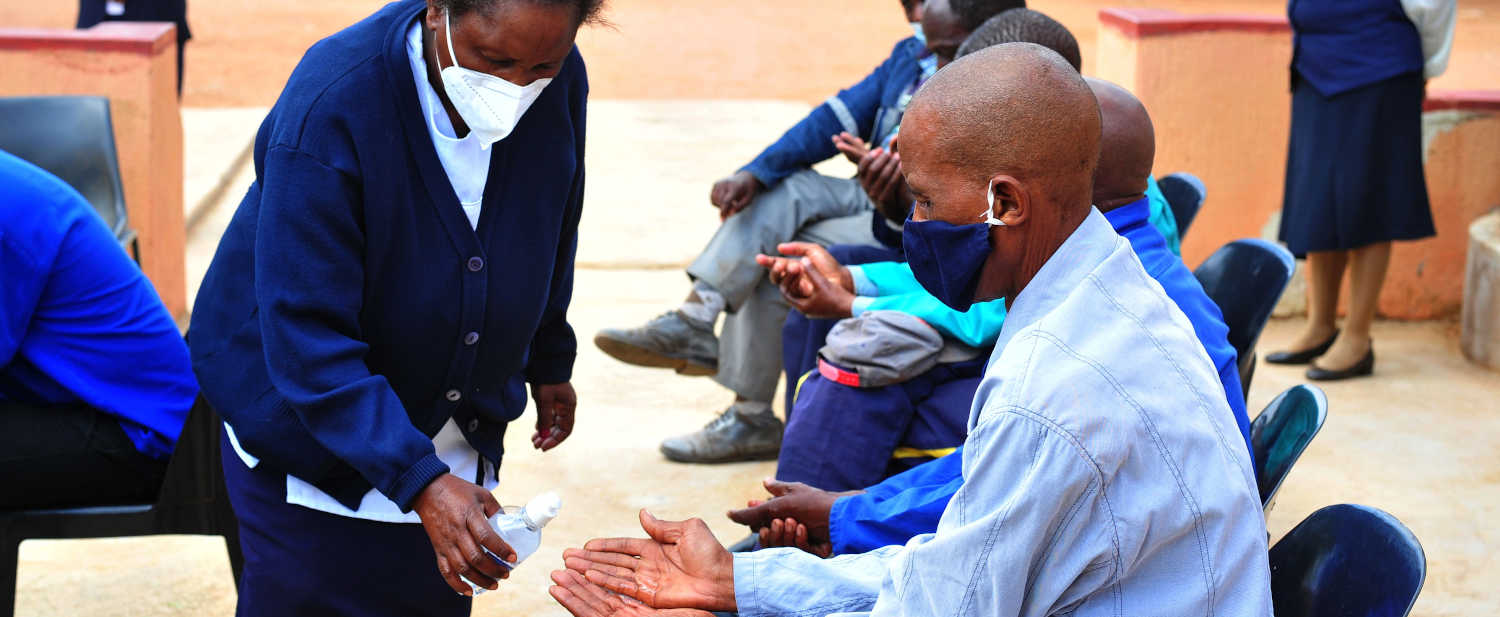The African Development Bank, the World Health Organization Regional Office for Africa and their partners in the Harmonization for Health in Africa Initiative have published a study on public-private collaboration in the health sector.
The publication provides an assessment tool to assist countries and other interested development partners to identify related constraints and conduct constructive dialogue that enhances partnerships. Insights are offered from Burkina Faso, Malawi and South Africa, where the assessment tool was tested.
Public-private collaboration in health is gaining considerable traction on the continent as health budgets of most African governments are not sufficient to meet the growing need for healthcare, further strained by the Covid-19 pandemic. Public-private collaboration in health is essential to achieving universal health coverage and attaining the Sustainable Development Goals. Therefore, it is vital to address the gaps that impede impactful collaboration. The Bank and its partners are determined to assist African countries to enhance such partnerships.
READ MORE: Dreams Talks Meets Dr. George AMEH, WHO Representative to Equatorial Guinea
The publication acts as an accompaniment to the Bank’s Strategy for Quality Health Infrastructure in Africa 2021-2030, which seeks to boost access to health services across the continent by focusing on three categories: primary healthcare infrastructure for underserved populations; developing new secondary and tertiary healthcare facilities alongside specialist facilities; and building diagnostic infrastructure for efficient and effective disease diagnosis across Africa. To boost collaboration and increase private investment, the Bank will support its regional member countries through a combination of technical support and risk-sharing instruments.
